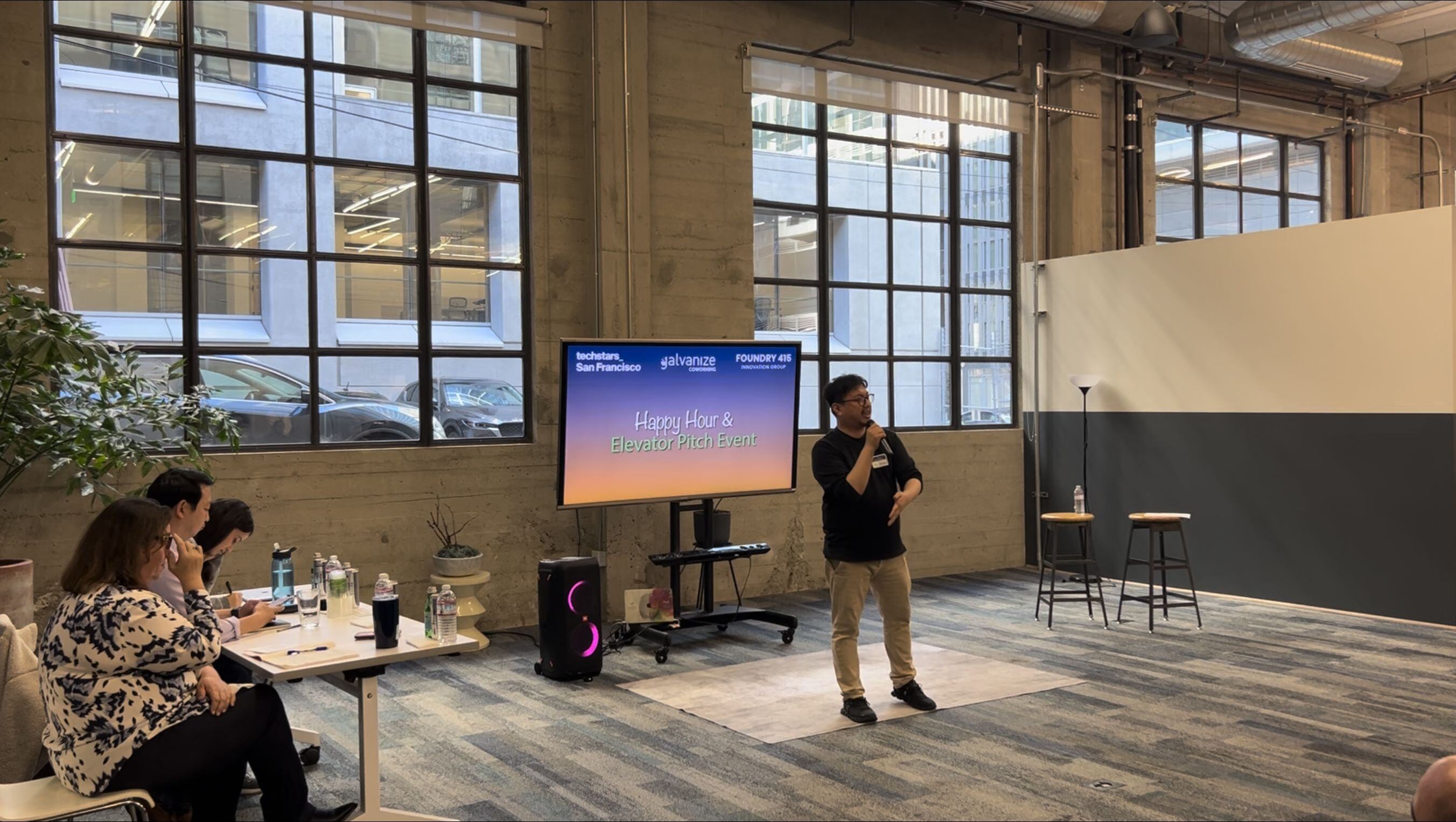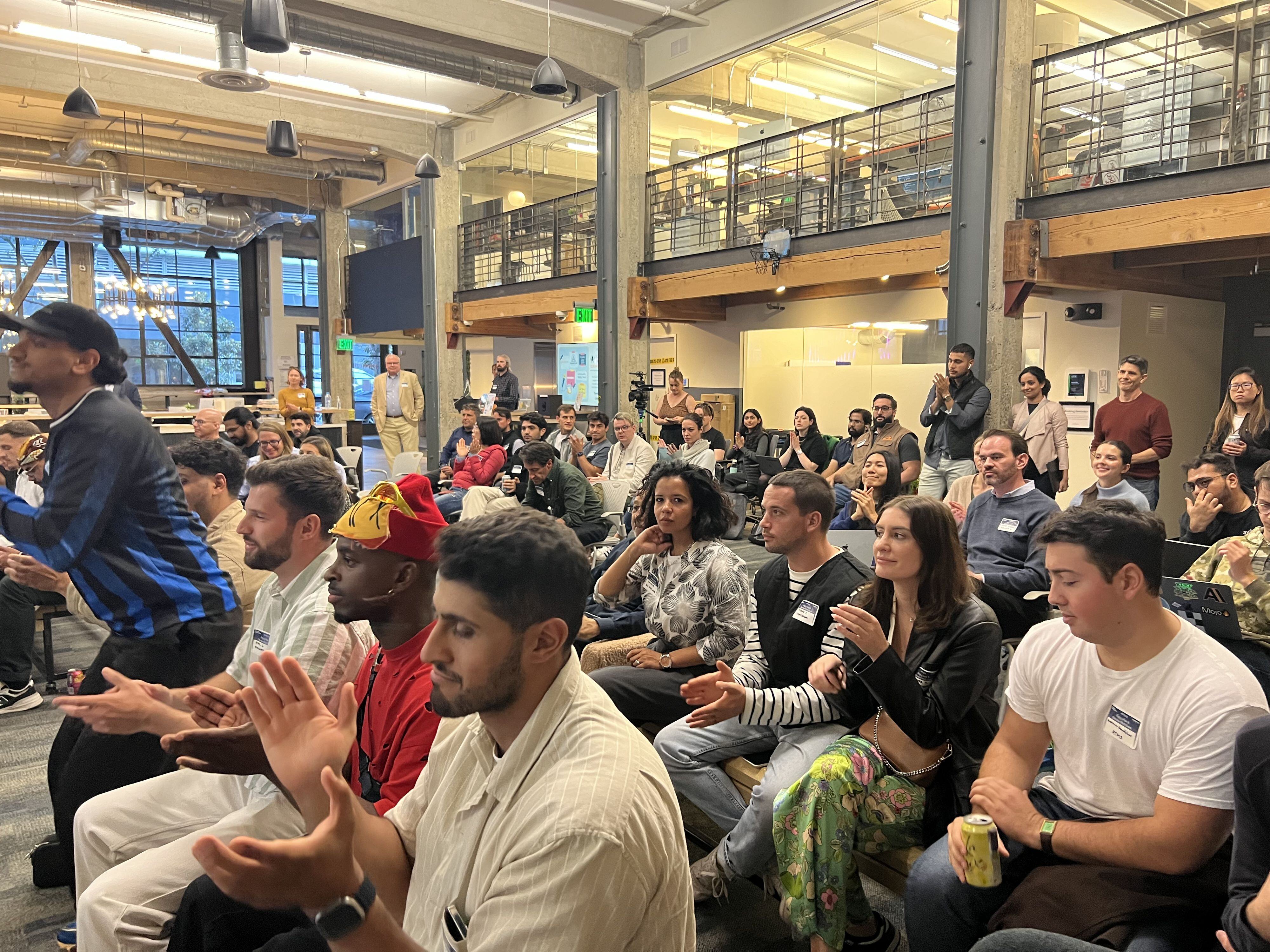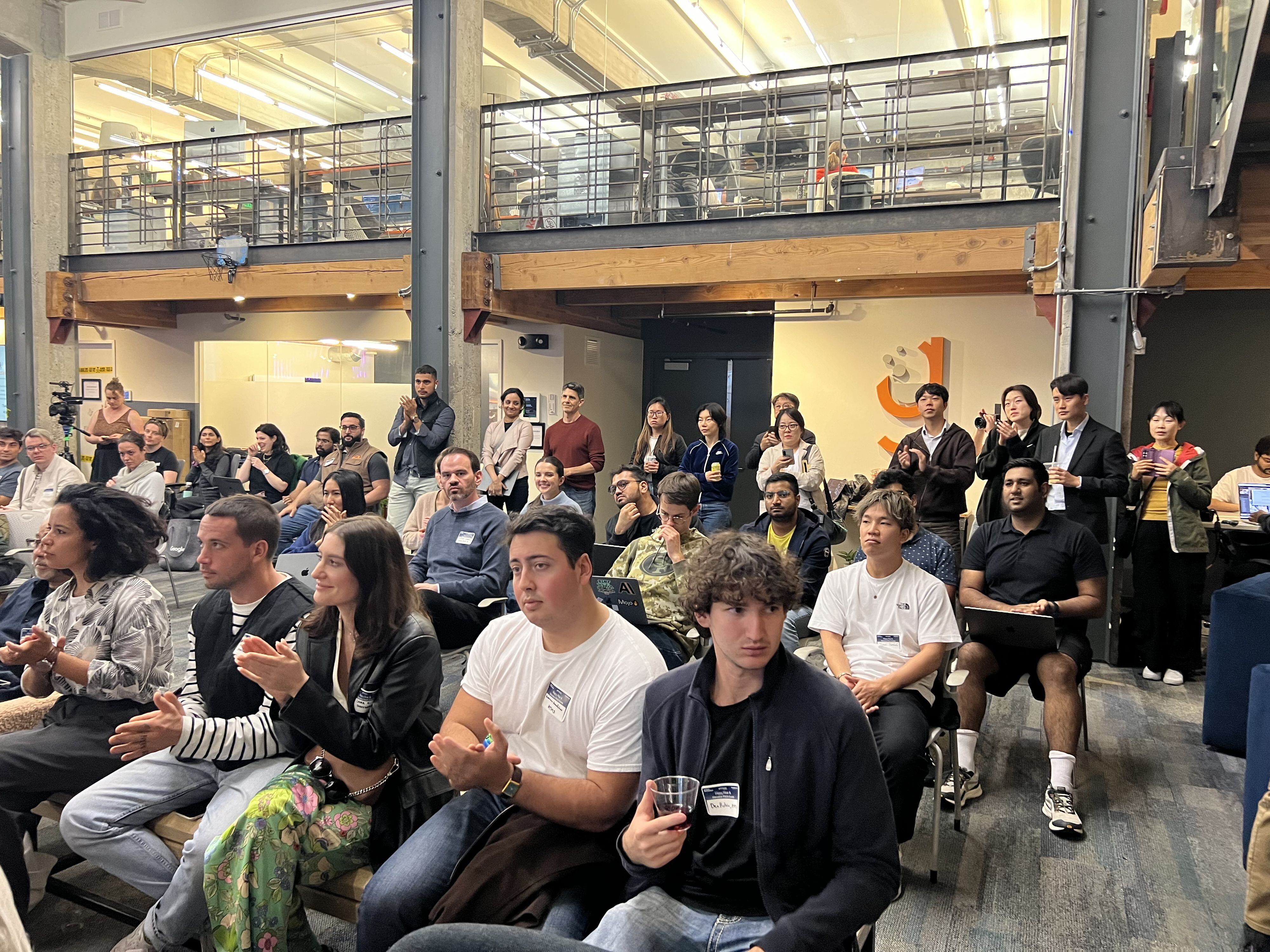
Manual software testing is notoriously costly and slow—consuming billions of dollars and countless hours across industries each year. Hiroshi Wes Nishio’s GitAuto, a QA-focused autonomous coding agent available on GitHub Marketplace, is poised to solve this global challenge. By autonomously generating and maintaining complex unit and integration tests, GitAuto eliminates a major bottleneck in software engineering.
GitAuto has rapidly gained recognition and adoption. As of April 2025, more than 220 companies across sectors like automotive, finance, payments, databases, vertical SaaS, and IT services rely on GitAuto’s automated QA capabilities. These industries, known for strict requirements around software quality, test coverage, and reliability, frequently face difficulties hiring sufficient QA engineers—making GitAuto’s value especially clear. A notable example includes its adoption by a leading global automotive company with over $10 billion in revenue, using GitAuto for critical unit and integration testing in their next-generation prototype products.
Technologically, GitAuto differentiates itself significantly from IDE-based AI assistants like GitHub Copilot or Cursor. Rather than merely improving developer productivity, GitAuto independently identifies areas lacking test coverage, proposes specific testing plans to team leads, writes detailed test cases, opens and manages pull requests, and executes automated tests. If any test fails, GitAuto autonomously corrects the issue, continuously iterating until ready for human review. This end-to-end autonomy represents a significant advancement in AI-driven software testing workflows.

Behind GitAuto’s technical breakthroughs is a novel method of managing complexity. Since large language models cannot practically process entire repositories due to token limitations, GitAuto strategically analyzes essential configuration files and intelligently searches codebases to pinpoint relevant files. It then edits these files precisely using patch-based diffs—one incremental change at a time—to ensure accuracy and clarity, adapting continuously based on feedback loops. This approach ensures GitAuto maintains focus, precision, and efficiency.
GitAuto’s innovation has gained notable international recognition. In the highly competitive AI Agents Global Challenge hosted by Agentplex Ventures, GitAuto was selected among the Top 20 global AI agents, evaluated by a distinguished panel including Wise CEO Kristo Käärmann, Capital.com CEO Viktor Prokopenya, NumPy/SciPy creator Travis Oliphant, and Cornell Professor Peter Frazier. The judges recognized GitAuto for its exceptional autonomy, innovation, and efficiency—factors critical to transforming software quality assurance at scale.

Hiroshi Wes Nishio, the founder behind GitAuto, embodies rare versatility and an extraordinary ability to bridge domains. After earning his master’s from Kyoto University in 2011, he pursued a diverse career path, starting from investment banking at Barclays Capital to managing digital transformation projects at a billion-dollar retail enterprise in Japan. Dissatisfied with enterprise systems plagued by bugs and delays, he took initiative and became a self-taught software engineer. In 2021, Nishio founded Suchica and created “Q,” a Slack AI assistant, within just one week following OpenAI’s GPT-3.5 release—quickly reaching 16,000 installs and over 600,000 uses.
Supported by notable accelerators including AlchemistX and JETRO, Nishio continues to position GitAuto at the forefront of the global QA automation market, currently valued at over £37 billion (KPMG). GitAuto is more than an incremental improvement—it’s a vision for the future of software testing, where autonomous AI agents don’t merely assist but fully transform essential software development workflows.







